Volkswagen has outlined plans to within the next four years start a ride-sharing scheme of autonomous-capable ID Buzzes as a precursor to a range of commercially offered EVs with advanced self-driving functionality.
A prototype version of the self-driving MPV was shown last month in Munich, which is one of several locations playing host to Volkswagen and partner firm Argo AI’s comprehensive autonomous vehicle testing programme.
Trials are currently being held non-stop at a dedicated test track near Munich airport, but the test vehicles will soon be deployed on public roads throughout the city as the firm ramp up to commercialising their new technology.
The scheme will be run by Volkswagen’s Moia mobility division, which runs a ridesharing service in Hamburg and Hanover, Germany, using a bespoke electric minibus, and before the pandemic was also conducting a UK pilot scheme in partnership with transport operator RATP Dev in the London borough of Ealing.
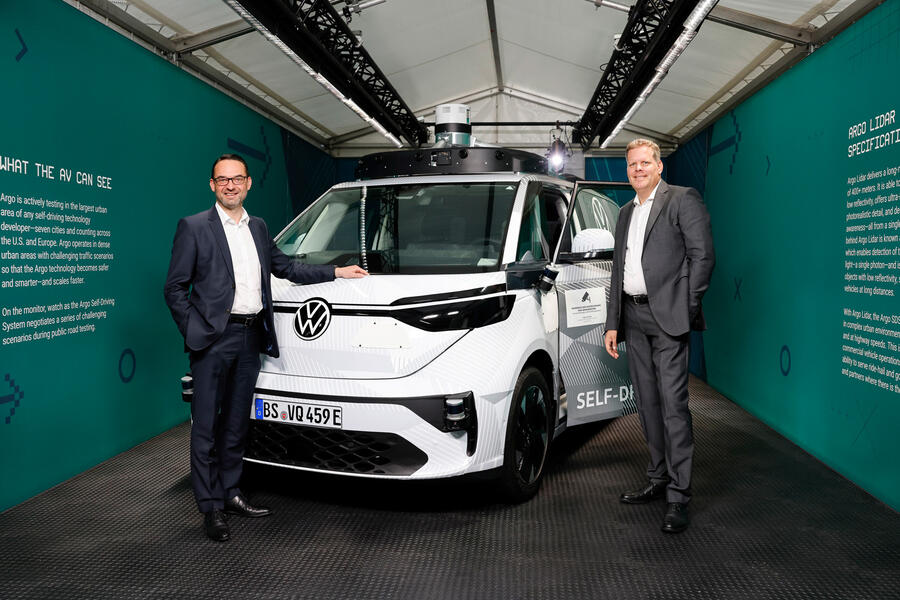
The Volkswagen Group’s push for autonomous vehicles is a central part of its ambitious New Auto strategy, under which it is seeking to grow revenues with a focus on EVs and software services. By 2030, it hopes to have transformed into a “mobility company” from purely a car manufacturer.
“Autonomous driving has huge potential for the industry,” said Volkswagen Group CEO Herbert Diess. “We think that until 2030, the mobility industry can double in size because of autonomous driving.”
Projects like that under way with Argo AI are crucial to achieving that goal, as a fully developed autonomous vehicle ecosystem could eventually give the Volkswagen Group a revenue stream comparable to that currently resulting from traditional car sales.

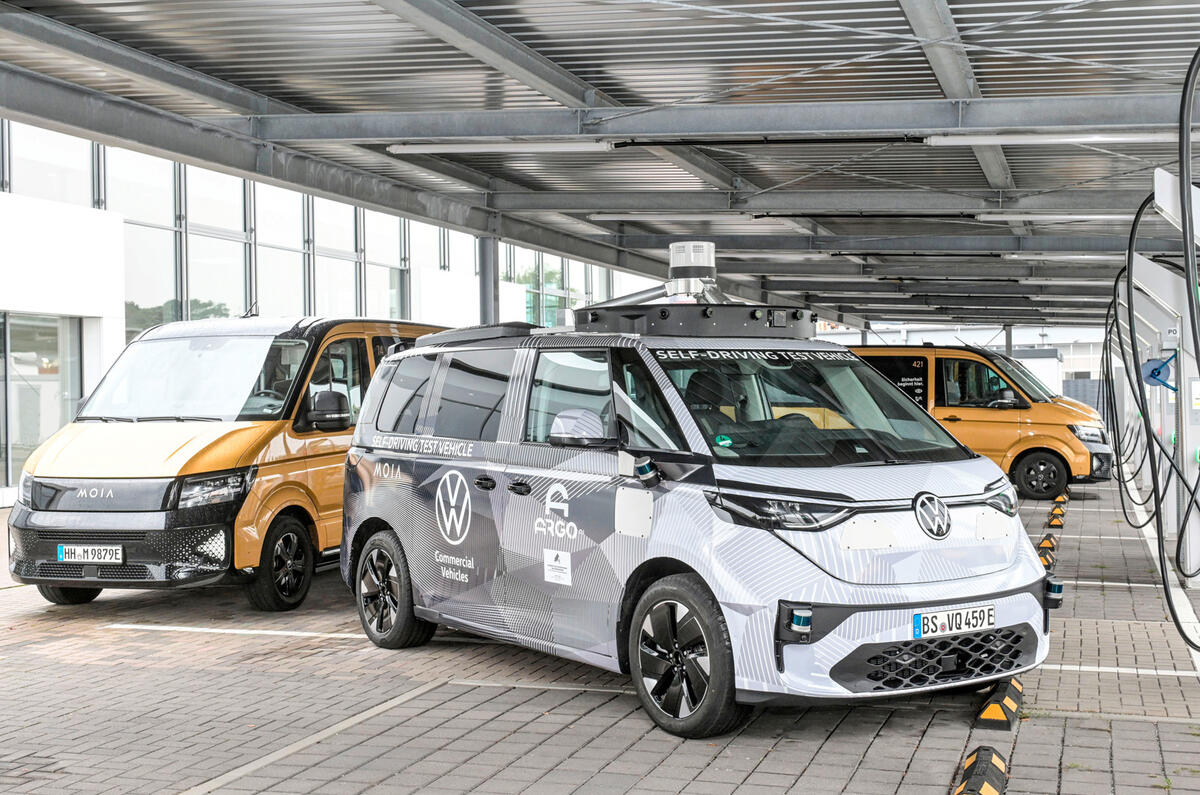
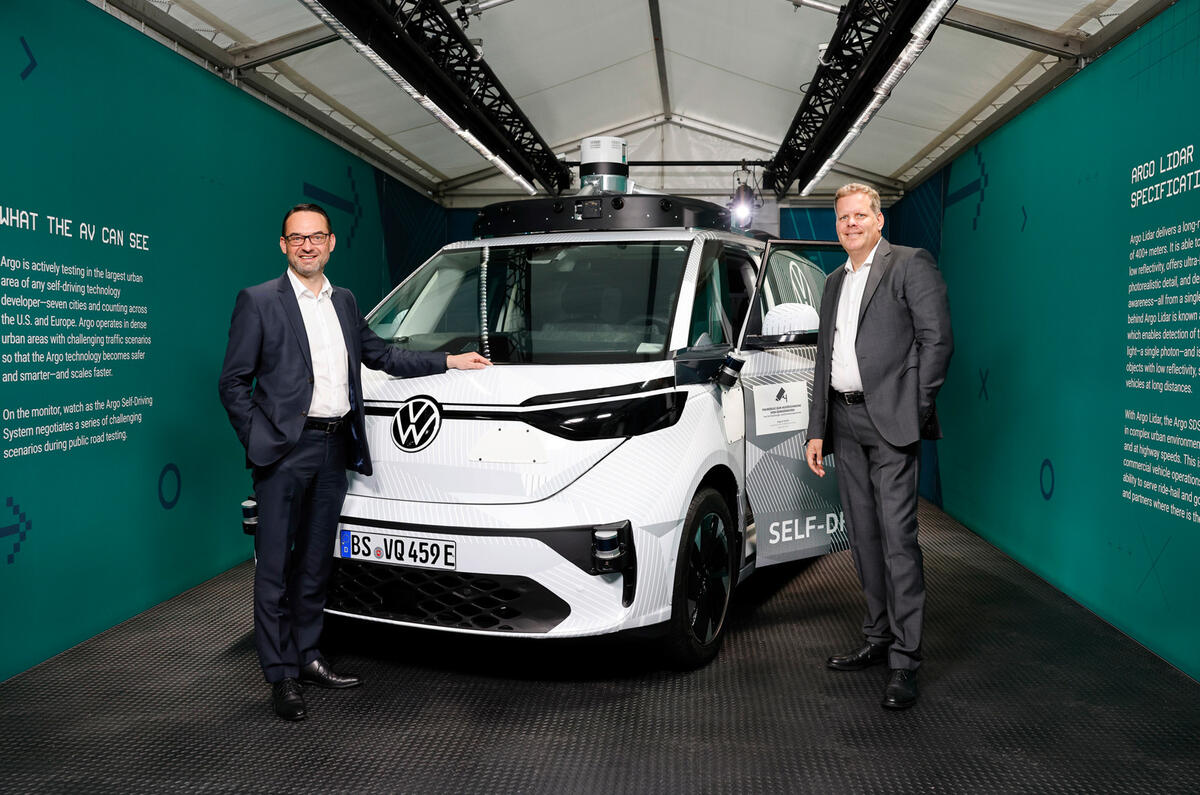
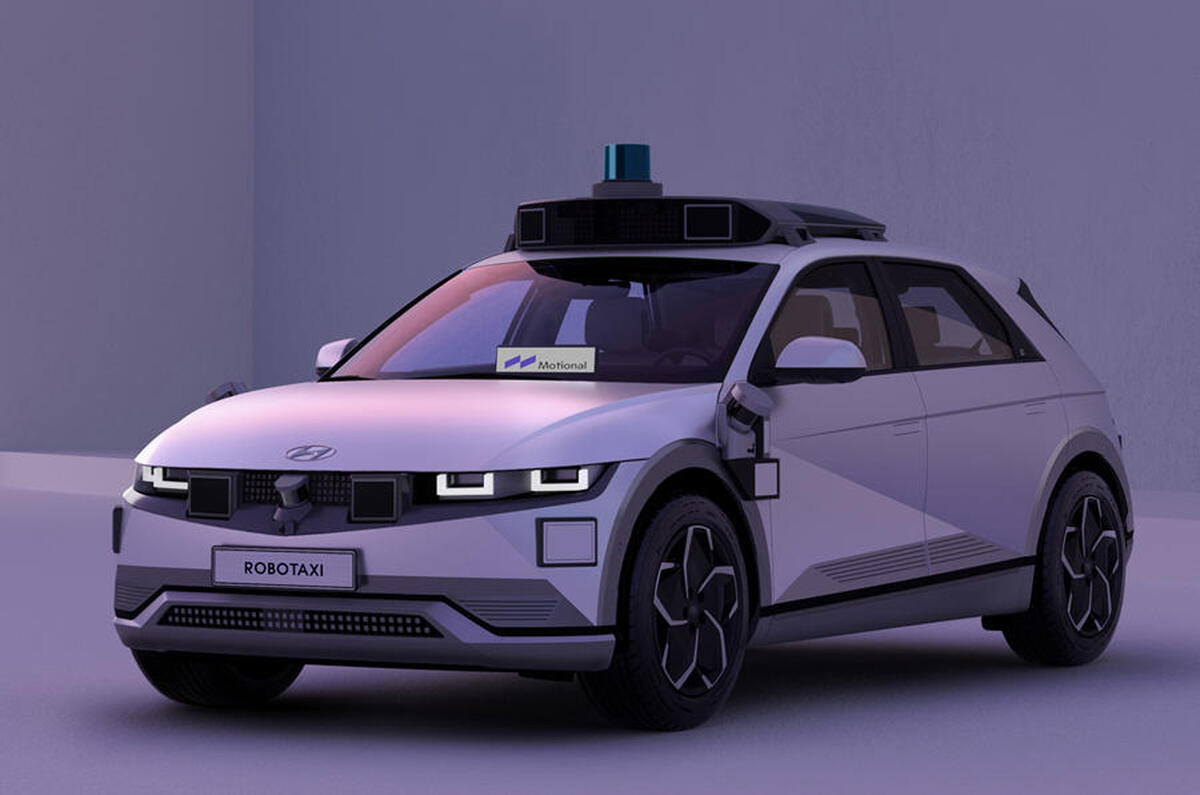
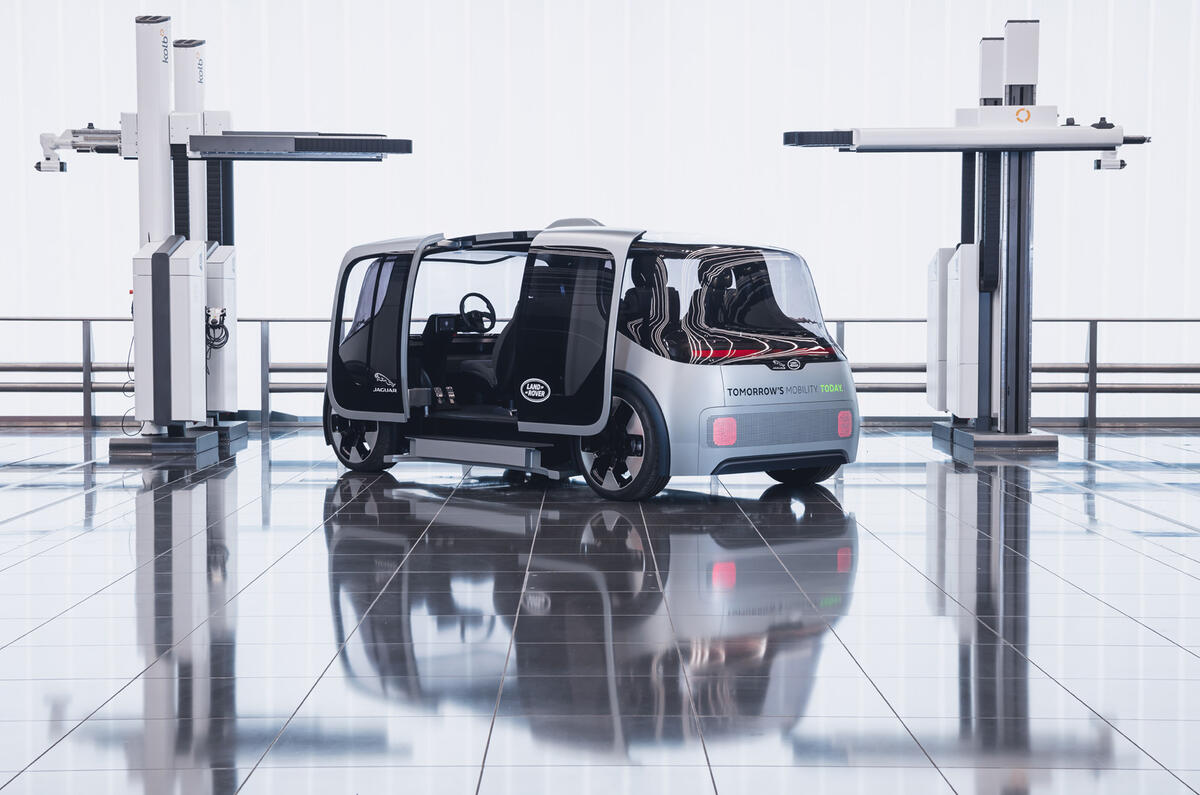
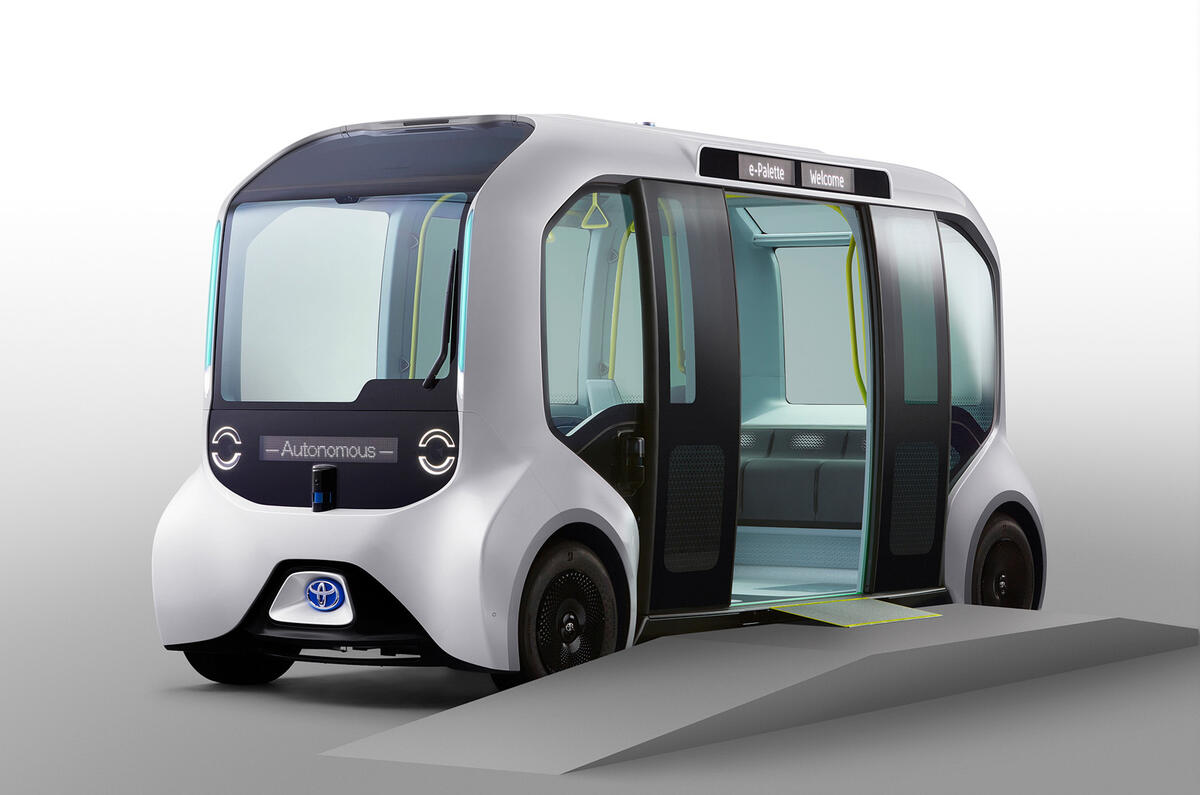
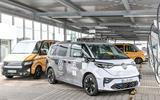
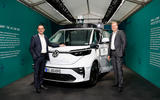

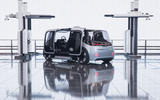
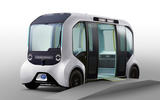

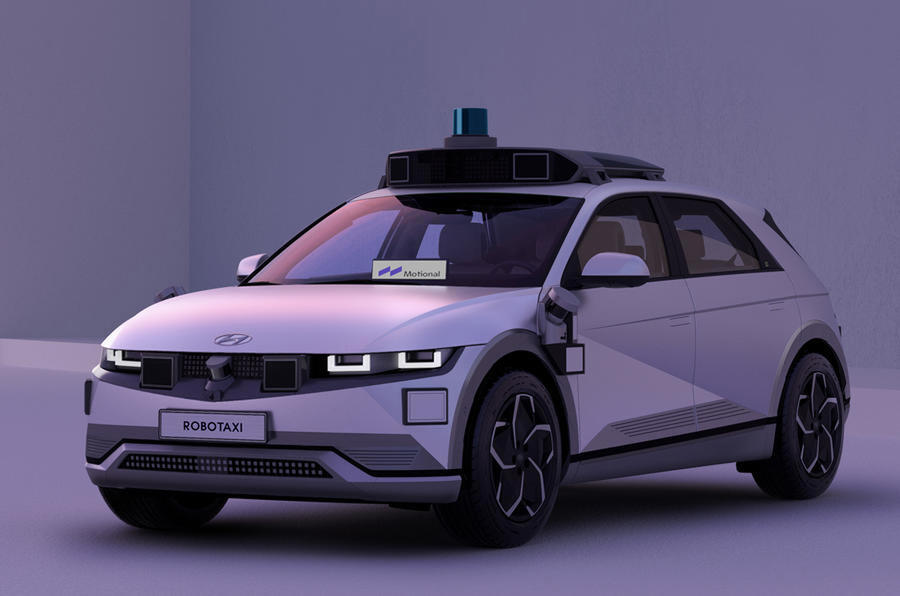
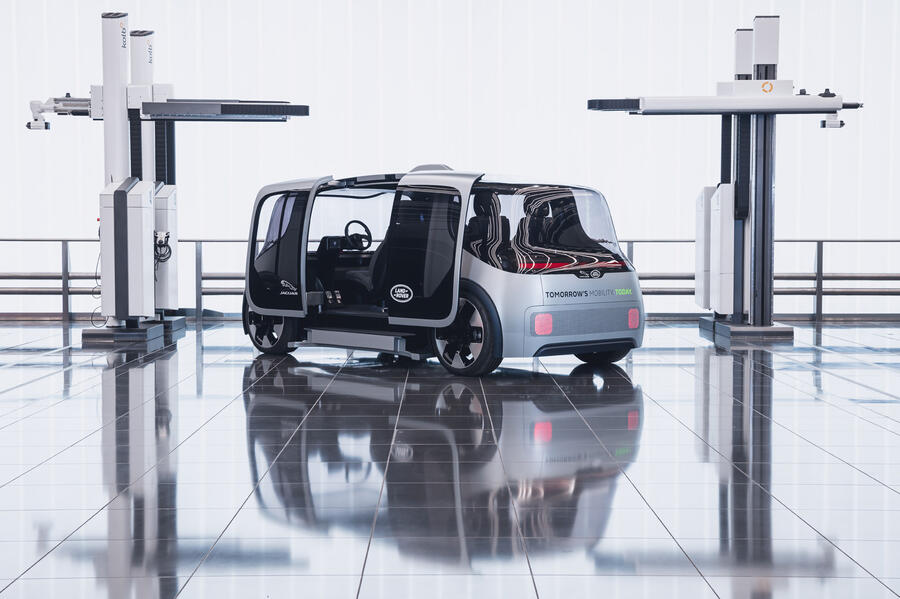







Join the debate
Add your comment